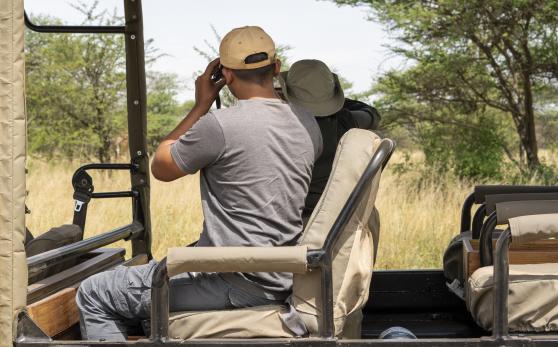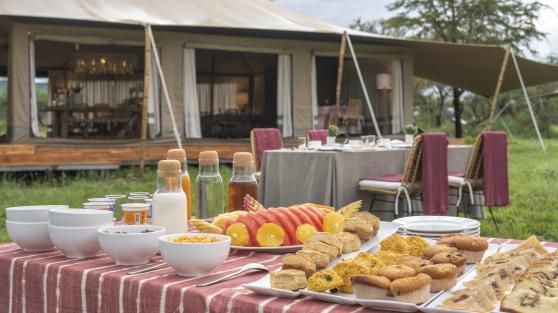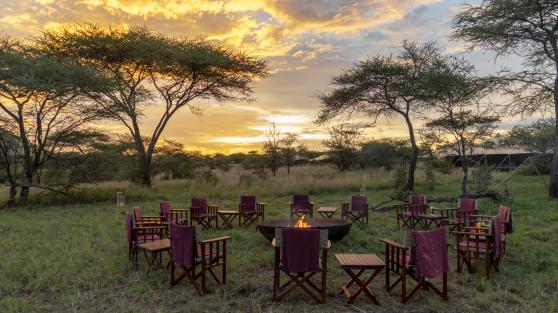Before you travel to the Serengeti Acacia Bliss
What to expect in the Seronera area of the Serengeti?
Situated in the heart of the Serengeti, Serengeti Acacia Bliss is the perfect setting for exploring the Seronera region. Aside from offering a front-row seat for the annual wildebeest migration, it boasts exceptional wildlife-viewing and birdwatching throughout the year.
Passport Requirements:
- All travellers require a valid passport to travel to Tanzania, which must be valid for at least 6 months from your arrival in the country.
- In order to enter Tanzania, you will need to have at least two blank passport pages to allow for entry and exit stamps.
- Some passport holders will require a visa before departing for Tanzania while others will be issued a visa on arrival. Check with your local consulate or high commission about current visa requirements well before travel.
Health Vaccinations and Precautions:
- Make an appointment to see your doctor a few months before visiting Tanzania to discuss any necessary vaccinations or health precautions you need to take. You should also use this appointment to organise any prescription medication you may need to take with you.
- Those who are traveling from countries affected by yellow fever will need to show proof of having a yellow fever vaccine at least 10 days prior to arrival. This is a mandatory government requirement and you will be required to show it upon arrival in Tanzania.
- Talk with your doctor about anti-malaria precautions and potential side effects. They will be able to help you decide on the best option for your travel plans and individual health requirements.
- Your doctor may also recommend a rabies vaccination in the (highly unlikely) case of being bitten by wildlife or other animals during your visit. While a rabies vaccine is expensive, if left untreated, the disease can be fatal.
Buy Travel Insurance:
It’s strongly recommended that you buy a comprehensive travel insurance policy to cover you in case of unexpected situations that may arise during travel. Look for policies that cover everything from travel cancellations to loss of possessions and (most importantly) emergency medical costs, including evacuation.
What to Pack and Bring?
- Casual, comfortable and easy to wash clothing
- Opt for neutral-coloured clothing, such as beige, khaki or green
- Avoid wearing dark clothing as it attracts mosquitoes and tsetse flies
- T-shirts and long sleeves shirts to protect against the sun
- Cotton shorts, safari trousers and lightweight pants
- A jacket and sweater for chilly early mornings and evenings
- A waterproof jacket
- Comfortable shoes with a good grip
- Sunscreen, sunglasses and a hat
- Insect repellent
- Lip balm, moisturiser and eye drops
- Camera and binoculars
- AC/DC converter for your electronic devices
- Medication (malaria, anti-diarrhoea, rehydration, painkillers, anti-allergies, motion sickness)
- First-aid kit with bandages, antiseptic cream and prescription medications
The Serengeti Climate
The Seronera area of the Serengeti experiences a moderate year-round climate, with warm and humid days that are interspersed with cool mornings and nights. You can expect temperatures ranging from around 15ºC to 26ºC, although the mercury can rise above 30ºC during the warmer months.

 1-321-766-6821 |
1-321-766-6821 | 





